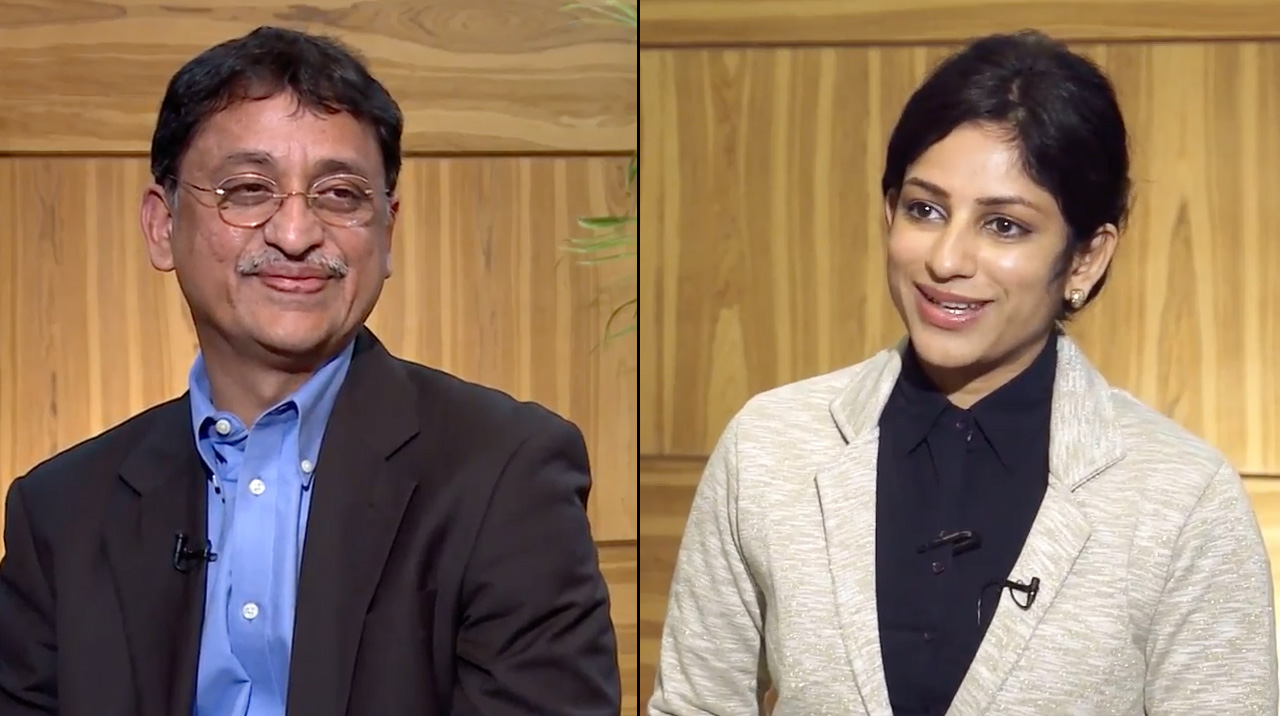
| 2017-TII-INSTANT-ALL-417 | 25 January 2017 |
 |
|
|
CASE LAW CIT Vs ZTE CORPORATION: DELHI HIGH COURT (Dated: January 24, 2017) Income tax - Sections 9(1)(vi), 133A, - India & China DTAA - Article 12(3) Keywords - fixed place PE - installation PE - supply of telecom equipment - embedded software - business profits The assessee is a tax resident of China and during the subject A.Y, it was engaged in supply of telecom equipment to Indian telecom operators as well as supply of mobile hand-sets to customers in India. It did not file its return of income arguing that it had no PE in India in terms of the provisions of Article 5 of the Indo-China DTAA. Thereafter, a survey was undertaken at its premises, several documents were seized and statements of its senior executives were also recorded, on basis of which the AO formed opinion that assessee had business connection in India and its business had been carried through its PE in India and further income had accrued to it during the relevant year from such business. Accordingly a notice u/s 148 was issued requiring the assessee to file its return. Though the assessee did so, however declared Nil income on the same submissions adduced earlier. The AO after examining various statements, concluded that the assessee had fixed place PE, installation PE, dependent agency PE in India and, therefore, the revenues from supply of telecom equipment and mobile hand sets were to be taxed in India as business profits. He, therefore, proceeded to determine the profits attributable to the assessee's PE in India. Before computing the profits he pointed out that the profits to the PE in India have to be computed separately in respect of hardware and software components of the telecom equipment and the mobile handsets. On appeal, the CIT(A) on the issue of taxation of software embedded in telecom equipment mobile handsets, held it to be taxable as business profit. As regards the computation of profits attributable to PE, the CIT(A) held that 2.5% of total sales made by foreign company in India was to be attributed as business profits of PE. On appeal, the HC held that, Whether income earned by a foreign company from supply of mobile hand-sets to Indian customers, can be treated as 'royalty' either under Income tax Act or the DTAAs - NO: HC Whether mere fact that separate invoicing was done for purchase and other transactions related to supply of the said telecom equipments, would not render the same as 'royalty payment - YES: HC + it is evident from the factual narration that the question which arises for consideration is whether payments made by the assessee's customers to it constituted royalty, in respect of software supplied. The software so supplied is not independent, but necessary for the hardware supplied by it, under the contract. The assessee also provides upgrades for the software. The AO held that the payments made for the right to use the software was royalty as per clause (i), (iii) and (v) to Explanation 2 to section 9(1)(vi) of the Act. According to him, the software is a secret formula or process for the purpose of Explanation 2 (i) and (iii) and was also a copyright in terms of Explanation 2 (v). Further, such payments were also royalty under Article 12(3) of the DTAA between India and China. The assessee's plea that the payments for supply of software along with hardware are in the nature of business profits and not royalty, was rejected and it was held that the revenue was in appeal against the decision of the ITAT in Motorola case. It was therefore held that payment received against supply of software was in the nature of royalty u/s 9(1)(vi) of the Act and also under Article 12(3) of India-China DTAA; + it is seen that in case of Erricson, this court had to deal with the supply of equipment with software, and interpret the Indo-Sweden DTAA, which is similar to the facts of the present case. This court has held therein, that: "....the supply of equipment in question was in the nature of supply of goods. Therefore, it is difficult to hold that payment made to the assessee was in the nature of royalty either under the Income-Tax Act or under the DTAA. What was sold by the assessee to the Indian customers was a GSM which consisted both of the hardware as well as the software, therefore, the Tribunal is right in holding that it was not permissible for the Revenue to assess the same under two different articles. The software that was loaded on the hardware did not have any independent existence. The software supply is an integral part of the GSM mobile telephone system and is used by the cellular operator for providing the cellular services to its customers. The software is embodied in the system and the revenue accepts that it could not be used independently...."; + in the present case also, the supplies made of the software enabled the Indian customers, the use of the hardware sold. It was not disputed that without the software, hardware use was not possible. The mere fact that separate invoicing was done for purchase and other transactions did not imply that it was royalty payment. In such cases, the nomenclature of license or some other fee is indeterminate of the true nature. Nor is the circumstance that updates of the software are routinely given to the assessee's customers. These facts do not detract from the nature of the transaction, which was supply of software, in the nature of articles or goods. This court is also not persuaded with the submission that the payments, if not royalty, amounted to payments for the use of machinery or equipment. |
Thanking you for your support and cooperation. Regards, TIOL HOUSE, 490, Udyog Vihar, Phase - V |
